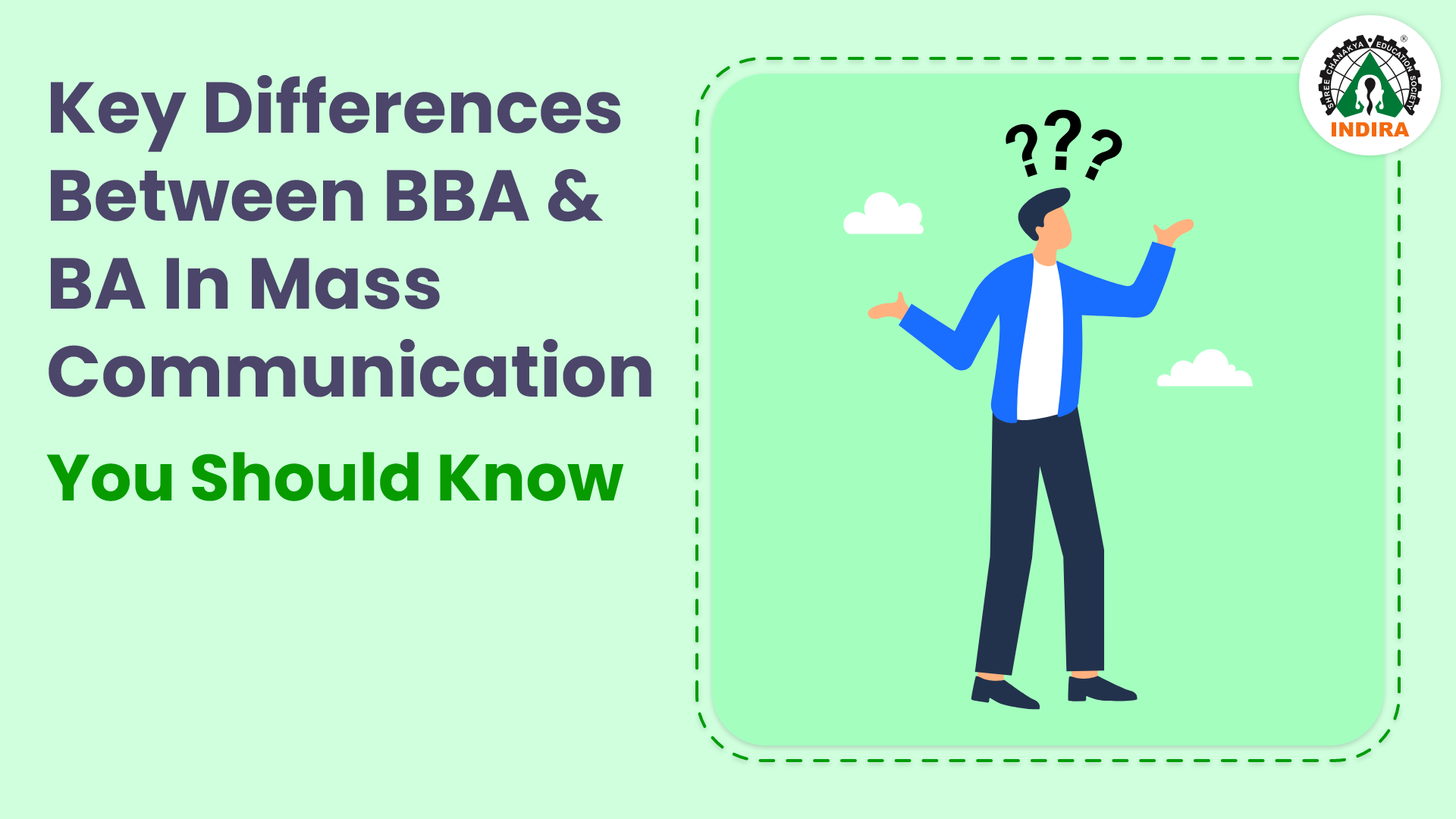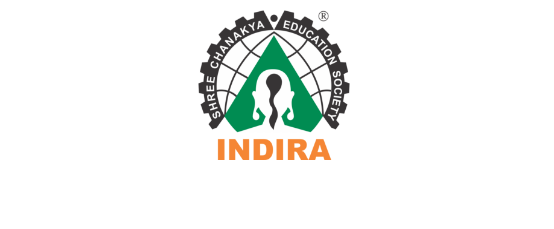Mass media: what is it?
Mass media, or simply the medium of mass communication, refers to the means that humans employ to spread messages to large audiences.
The purpose of Communication
So why do we talk then? Humans have a very basic need for communication, and as society has advanced, so too have the capabilities of communication. The following roles of mass communication are described by communication theorist Denis McQuail in his book Mass Communication Theory:
Information: He claims that the media plays a vital role in providing us with the majority of the news and information. For instance, how did you learn that the virus was spreading over the world when the school was under lockdown? Newspapers, television, and the Internet served as the sources. As a result, we were reliant on the media for all information. Almost everyone who was watching television turned to the channel to watch the Prime Minister address the country live. Hence, in order to learn about the world around us, we all rely on mass communication means.
Also, advertising is yet another well-liked tool for informing the public about the various goods and services on the market. Advertisers made every effort to get the attention of customers even throughout the pandemic. Imagine how much money the large corporations would lose if the public was unaware of the products they were making. What would they use to market their products and services?
Correlation: Interpretation and explanation of news and events are also provided by the media. What is newsworthy or not is decided by the media.
Continuity: Communication is crucial to the transmission of culture. We can only transmit our culture, beliefs, and attitudes to the next generation through communication. Popular culture is greatly influenced by the mainstream media. The most widely accepted values and customs in society can be found in popular culture.
Entertainment: We are all reliant on the media for amusement, relaxation, and diversions. We receive a lot of our relaxation from the media. Since there were no movie theatres open during the lockdown, everyone switched to an OTT platform to watch eb series. This led to a boost in the viewership of web series and the business of the online streaming platforms.
Mobilization: The purpose of mobilisation is to unite the public and raise awareness of a certain issue. Anyone nowadays can utilise social media to launch a mass media campaign and advocate for a cause by garnering the public's support.
The BA or BBA are both open to students from all streams.
These are the most popular choice among students, particularly those who major in the arts and business.
With regard to the topic areas they wish to pursue, both the BA and the BBA provide students a wide variety of flexibility.
However, which is the best? Let's find out more details about these courses explicitly.
The following are the main distinctions between BA in Mass communication and BBA in mass media programmes:
BBA in Mass Communication
- Course Full Form: Bachelor of Business Administration in Mass Media and Communication
- Eligibility: Passing a 10+2 is mandatory in order to be selected for pursuing this BBA distance degree. This is offered to candidates selected on the basis of their marks that are equal to or higher than 50 percent.
- Admission Process: Students will get selected for admission by the institute for admission into BBA Mass Media and Communication Distance Education course based on the merit list process.
- Duration: The duration for pursuing the BBA Mass Media and Communication Distance course is 3 years and the maximum duration for pursuing the course is 6 years.
- Fee: Approximately INR 45,000 to INR 65,000 per year is the mean annual course fee.
- Career-wise: Students are free to choose their careers in any of the media industries. There are a maximum number of jobs in this field with a salary of INR 3.5-7 LPA.
BA in Mass Communication
- Course Full Form: Bachelor of Arts in Mass Media and Communication
- Eligibility: Basic education of 10+2 from a recognised board with any stream. Candidates must have secured a minimum of 50% marks in the class 12th examinations.
- Admission Process: Students will get selected for admission by the institute for admission into BA Mass Media and Communication Distance Education course based on the merit list process.
- Duration: The duration for pursuing the BA in Mass Communication Distance course is 3 years and the maximum duration for pursuing the course is 6 years.
- Fee: Approximately INR 25,000 to INR 55,000 per year is the mean annual course fee.
- Career-wise: Students are free to choose their careers in any of the media industries. There are a maximum number of jobs in this field with a salary of INR 1.8-3 LPA.
Any student who does not have a passion for science and technology studies fields must choose between a BBA or BA in mass communication. A three-year undergraduate programme leading to the Bachelor of Arts (BA) degree is available in the arts. The course focuses on exploring a variety of artistic mediums, including literature, language study, economics, and more. A BA in mass communication degree frequently offers greater topic freedom and less technical depth across all professions. A BA opens up several opportunities and work possibilities in the current job market. A BA opens up professional prospects in many different sectors because the curriculum enables students to investigate various subjects under a single specialisation.
On the other hand, the BBA is an undergraduate business administration degree that lasts three years and focuses on offering students a foundation in management and business administration. Like the BA, the BBA provides a variety of alternatives for management studies and business administration concentrations. Operations, business administration, sales, marketing, and many other professions are available to programme graduates.














.png)




